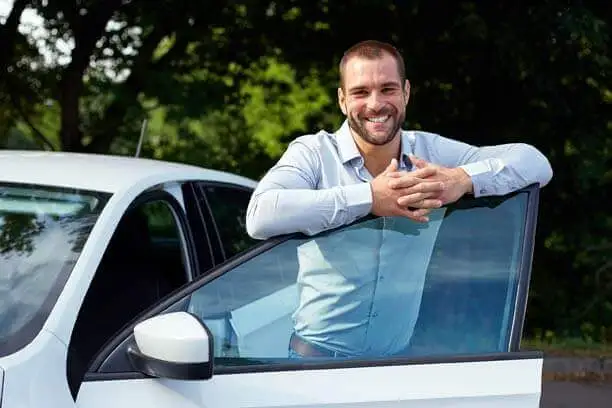Do I Need Gap Insurance on a Leased Car?


If you’re not purchasing a vehicle in full, gap insurance could be beneficial add-on coverage. In the case you are leasing or financing a vehicle, gap insurance is there to protect you if your car is totaled or stolen and the depreciated value of your vehicle is less than the amount still owed on the loan or lease.
For example, if you purchased and financed a new vehicle for $30,000, and a year later your car is totaled and has a depreciated value of $20,000 and you still owe $25,000 on your auto loan, gap insurance is there to cover the unpaid balance of $5,000 that your standard auto insurance doesn’t cover.
In many cases gap insurance is required on leased vehicles due to their quick depreciation. This coverage is in addition to collision coverage and comprehensive coverage which are each required before lease gap insurance can be added on.
If you currently are leasing a vehicle, you may already have lease gap insurance; this is typically added upfront as part of the lease agreement and is part of your monthly lease payments. If you’re looking to lease a vehicle, you will likely be offered gap insurance while at the dealership. However, it can often be more cost effective to add gap coverage to your auto insurance policy.
Gap insurance covers the actual cash value difference between the vehicle’s value and the amount still owed on the loan or lease. Gap insurance only kicks in if the amount owed is greater than the amount still owed on the loan or lease.
Miscellaneous invoices like lease penalties, mileage overages, uncovered item loss and extended warranties are not covered by gap insurance. Gap insurance only kicks in when your vehicle is totaled or stolen and in the financial situations as stated above.
In some cases, like leasing a new vehicle, gap insurance is required and isn’t optional. But even if you’re not required to add-on gap insurance, you may want to opt-in to this coverage if your purchasing process or vehicle falls into any of the following categories:
Get the best rate for your new car by contacting your local Farm Bureau agent for a quote today.